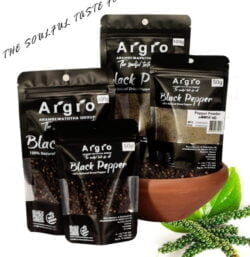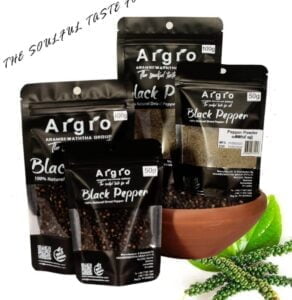Cinnamon: The Spice That Warms the World
Cinnamon, with its warm and sweet aroma, has been treasured for thousands of years. This versatile spice, derived from the inner bark of trees belonging to the Cinnamomum genus, has found its way into our kitchens, traditional medicine, and even historical trade routes. In this article, we will delve into the rich history, health benefits, culinary uses, and fascinating facts about cinnamon.
A Brief History
Cinnamon’s history dates back to ancient Egypt, where it was highly prized and used in embalming, as a flavoring, and for its medicinal properties. It was so valued that it was considered more precious than gold. The spice was a significant trade item, with Arab traders bringing it to Europe, where it became a luxury for the elite. During the Age of Exploration, European nations sought direct sources of cinnamon, leading to the colonization of Ceylon (now Sri Lanka), a major producer of this coveted spice.
Health Benefits
Cinnamon is not only valued for its flavor but also for its numerous health benefits:
- Rich in Antioxidants: Cinnamon is loaded with powerful antioxidants, such as polyphenols, which help protect the body from oxidative damage caused by free radicals.
- Anti-inflammatory Properties: The anti-inflammatory effects of cinnamon can help reduce swelling and prevent chronic inflammation-related diseases.
- Improves Heart Health: Regular consumption of cinnamon has been shown to reduce levels of bad cholesterol (LDL) and triglycerides while maintaining good cholesterol (HDL), promoting overall heart health.
- Regulates Blood Sugar Levels: Cinnamon can improve insulin sensitivity and lower blood sugar levels, making it beneficial for individuals with type 2 diabetes.
- Antimicrobial Effects: The essential oils in cinnamon have antimicrobial properties that help fight bacteria, fungi, and viruses, contributing to overall health.
Culinary Uses
Cinnamon’s versatility makes it a beloved ingredient in various cuisines around the world:
- Baking: Cinnamon is a key ingredient in many baked goods, such as cinnamon rolls, cookies, and cakes, adding a warm, sweet flavor.
- Beverages: It enhances the taste of hot drinks like chai tea, hot chocolate, and mulled wine, and is also used in crafting unique cocktails.
- Savory Dishes: In many cultures, cinnamon is used in savory dishes, such as Moroccan tagines, Indian curries, and Mexican mole sauce, adding depth and complexity to the flavors.
- Seasoning: A sprinkle of cinnamon on oatmeal, yogurt, or fruit can elevate a simple meal into something special.
Interesting Facts
- Two Main Types: There are two primary types of cinnamon: Ceylon cinnamon (Cinnamomum verum), known as “true” cinnamon, and Cassia cinnamon (Cinnamomum cassia), which is more common and has a stronger flavor.
- Historical Significance: Cinnamon was so highly prized in the ancient world that it was considered a gift fit for monarchs and gods.
- Medicinal Uses: Traditional medicine systems, such as Ayurveda and Chinese medicine, have used cinnamon for its healing properties for centuries.
- Natural Preservative: Due to its antimicrobial properties, cinnamon has been used as a natural food preservative.
Conclusion
Cinnamon, with its rich history and numerous health benefits, continues to be a favorite spice worldwide. Its ability to enhance both sweet and savory dishes, along with its medicinal properties, makes it a truly remarkable spice. Whether you are adding it to your morning coffee or using it in a complex curry, cinnamon brings warmth and flavor that has stood the test of time. Next time you enjoy this delightful spice, remember the ancient history and myriad benefits it carries with it.


